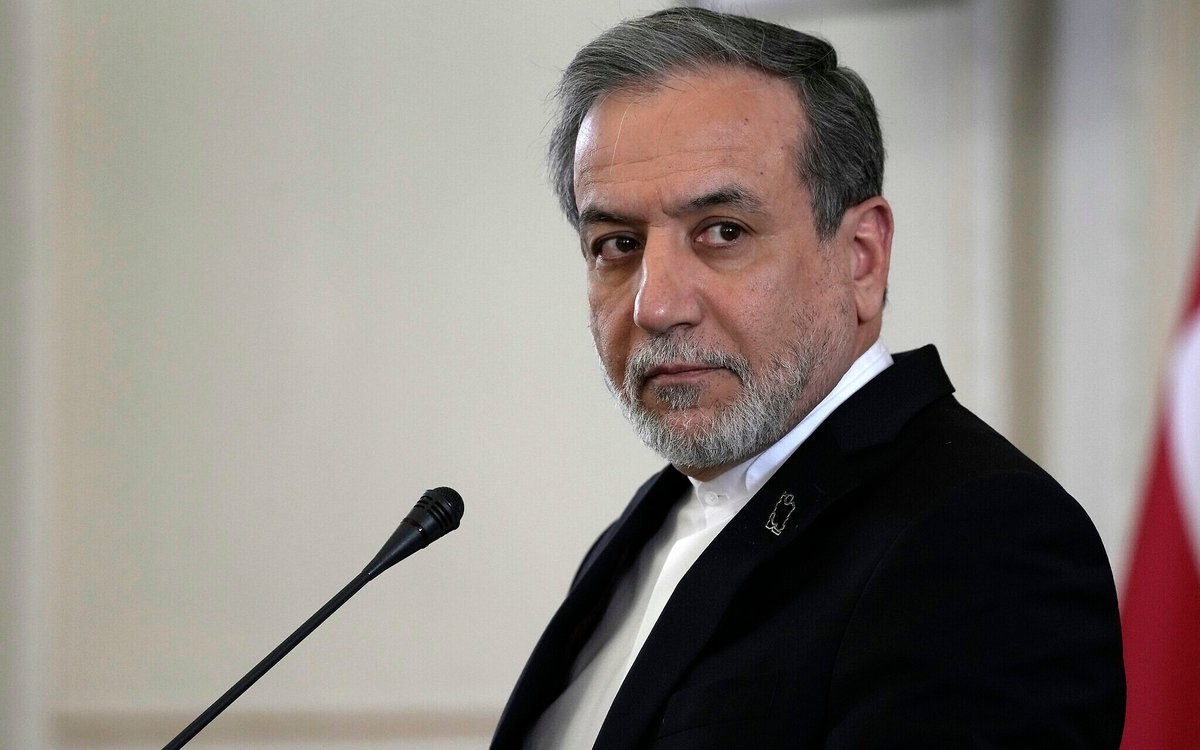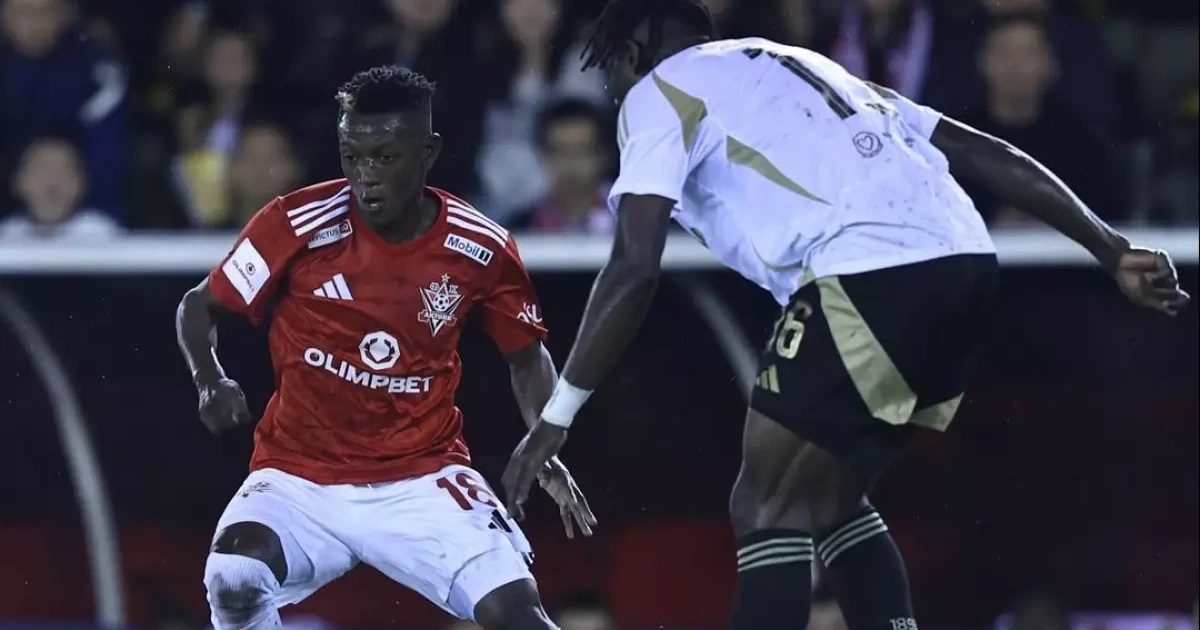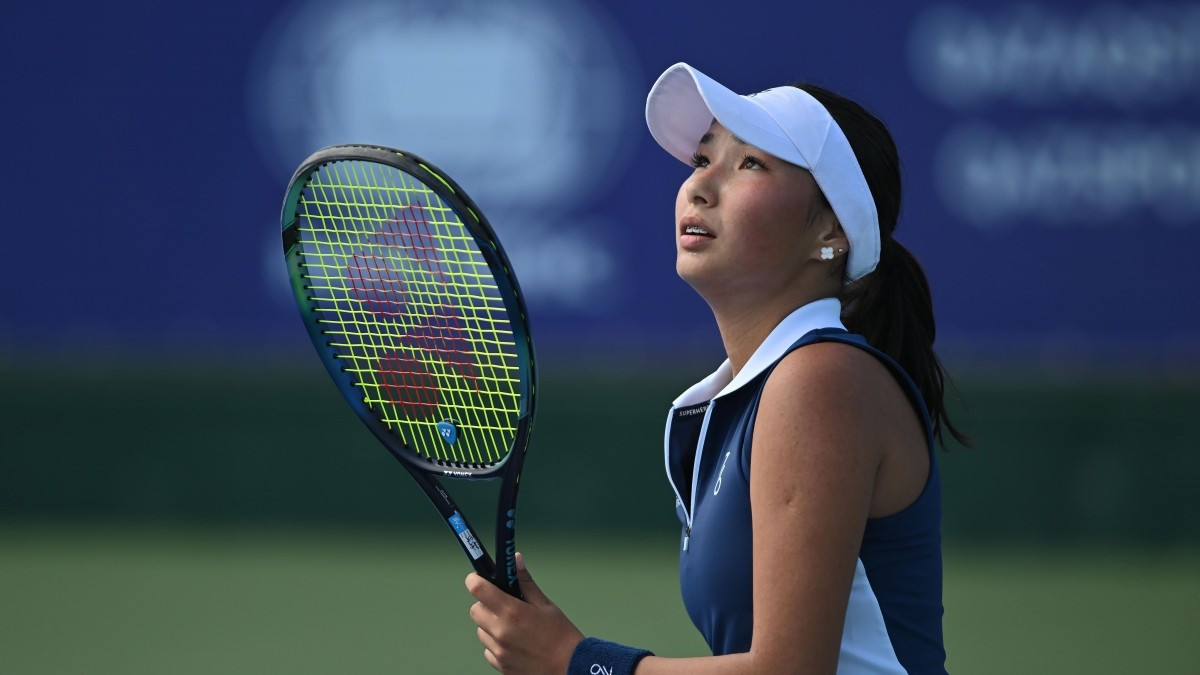Iranian Foreign Minister Abbas Araghchi has signaled a conditional willingness to resume talks with the United States, demanding an acknowledgment of past errors and compensation for recent damage to Iran’s nuclear infrastructure. This development follows a series of strikes on key nuclear facilities and highlights Tehran’s strategic posture amid deepening regional tensions.
Iranian FM Araghchi Demands U.S. Admission of Fault and Nuclear Compensation Before Talks Resume


Iran Signals Conditional Willingness for Talks with U.S. Amid Nuclear Fallout
In a striking shift in tone, Iranian Foreign Minister Abbas Araghchi has declared that Tehran is open to renewed dialogue with Washington—on one condition: the United States must first “admit its mistakes.” The statement, delivered during a televised interview on June 26, comes in the wake of devastating airstrikes that severely damaged Iran’s key nuclear facilities, including Fordow, Natanz, and Isfahan.
A Call for Accountability
Araghchi’s remarks mark the first time a senior Iranian official has publicly acknowledged the extent of the damage inflicted by recent U.S. and Israeli military operations. “Our facilities have been seriously damaged,” he said, adding that Iran’s Atomic Energy Organization is still conducting a full assessment of the destruction.
The foreign minister emphasized that any future negotiations with the United States would hinge on Washington’s willingness to take responsibility for its actions. “We will talk with Washington if it admits its mistakes,” Araghchi stated, underscoring Iran’s demand for compensation for the damage caused to its nuclear infrastructure.
Diplomatic Doors Ajar—But Not Wide Open
Despite the harsh rhetoric, Araghchi insisted that “the doors of diplomacy will never slam shut.” However, he warned that Iran’s trust in the negotiation process had been deeply eroded by what he described as American “betrayal” during previous talks.
Iranian officials have accused the U.S. of launching strikes while diplomatic channels were still active, a move Araghchi said “will certainly influence our future decisions.” He added that Iran’s experience with Washington had been “very difficult,” and that any future engagement would require firm guarantees against further military aggression.
Nuclear Program in Crisis
The damage to Iran’s nuclear facilities has been described as “extensive and serious” by multiple sources within the Iranian government. Centrifuges at Fordow are reportedly no longer operational, and the fate of nearly 900 pounds of highly enriched uranium remains uncertain.
While Supreme Leader Ayatollah Ali Khamenei has downplayed the impact of the strikes, Araghchi’s candid admission paints a more sobering picture. He also hinted at a possible suspension of cooperation with the International Atomic Energy Agency (IAEA), accusing its director of facilitating the bombings.
Compensation and Strategic Leverage
Iran’s demand for compensation is not merely symbolic. Araghchi framed it as a prerequisite for restoring trust and re-engaging in nuclear negotiations. “We have done a lot for our enrichment industry to thrive. Our people have borne a lot,” he said, describing the nuclear program as a source of national pride.
He also stressed that while physical infrastructure may have been compromised, Iran retains the scientific knowledge and technical expertise to rebuild. “One cannot obliterate the technology and science for enrichment through bombings,” Araghchi asserted.
U.S. Response and Future Prospects
The Biden administration has yet to formally respond to Araghchi’s comments. While President Trump previously claimed the strikes had “totally obliterated” Iran’s nuclear capabilities, U.S. officials have acknowledged that a full damage assessment is still underway.
White House Press Secretary Karoline Leavitt confirmed that communication channels with Tehran remain open, but said no formal talks are scheduled at this time.
A Fragile Path Forward
Araghchi’s statement reflects a complex balancing act: signaling openness to diplomacy while demanding accountability and reparations. It also highlights the internal divisions within Iran’s leadership, with some factions pushing for disengagement from international oversight and others advocating for strategic negotiation.
As Iran continues to assess the fallout from the strikes, the international community watches closely. Whether Washington will acknowledge its role and meet Tehran’s conditions remains uncertain—but the possibility of renewed talks, however fragile, is now back on the table

 বাংলা
বাংলা  Spanish
Spanish  Arabic
Arabic  French
French  Chinese
Chinese 







